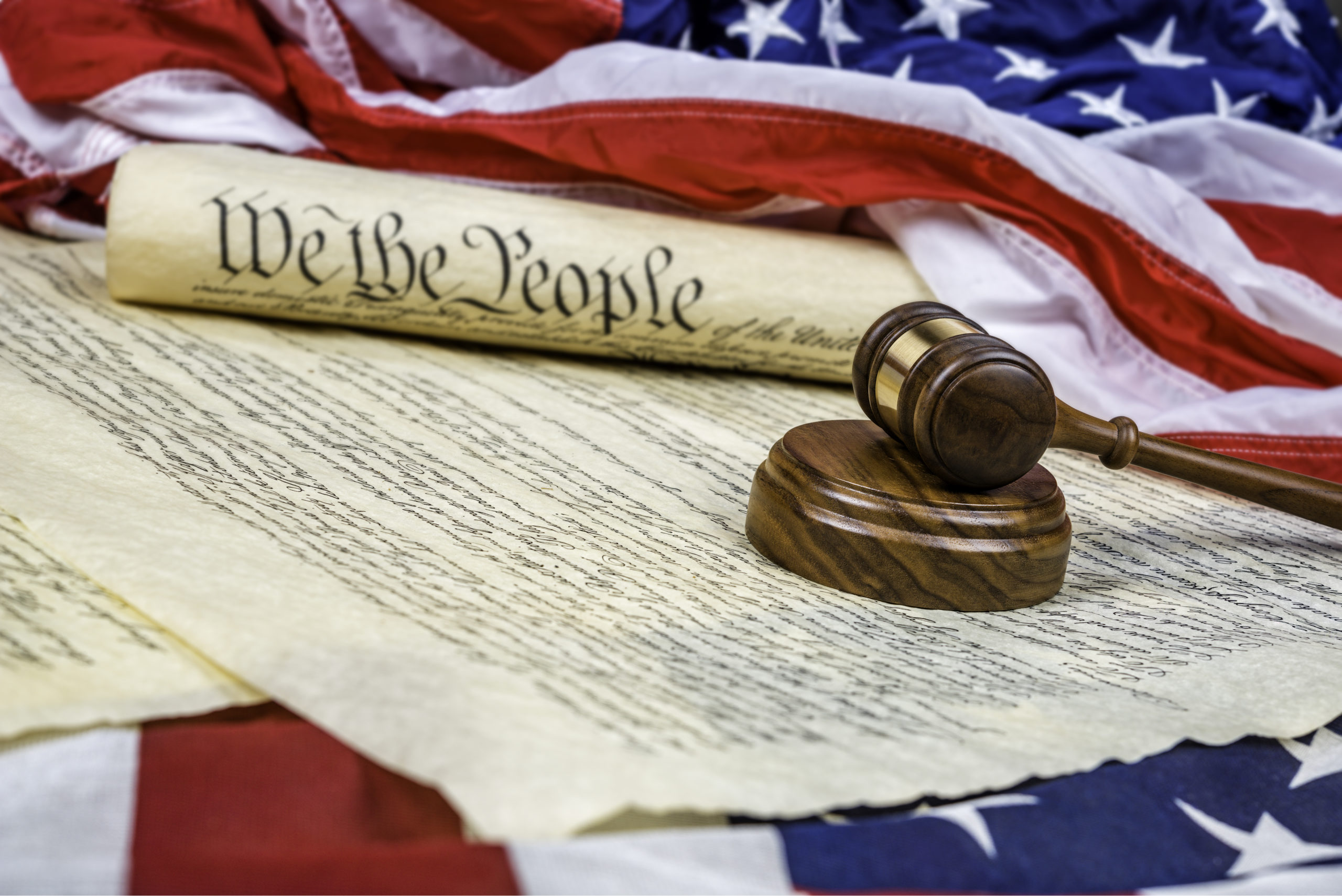We’re a bipartisan group of former leaders who have joined forces to protect our democracy
More than 40 former congressional leaders, former Cabinet secretaries, retired military officials, and leaders of civic organizations have formed the bipartisan National Council on Election Integrity to ensure a democratic outcome to the 2020 election.
October 13, 2020 | Dick Gephardt and Tom Ridge | The Boston Globe
A growing number of Americans understand that our magnificent experiment in democracy is under threat. Participating in the November presidential election was always going to be a challenge because the crippling coronavirus pandemic has the potential to drive many voters away from voting in person.
But that’s a logistical challenge, and one that states are proving capable of managing. Many states have voted by mail for decades, and military members deployed all over the world regularly vote by mail. The question now is what people of integrity will do to ensure that citizens register to vote — and cast their ballot early, by mail, or in person — and that the media, the public, and leaders across the political spectrum affirm patience after Election Day so that every vote can be fairly counted and reported.
The stakes are real. Our democracy depends on free and fair elections and the peaceful transfer of power to ensure its survival. Citizens don’t have to rely on this president or any other elected official. They have the power to insist that every vote is counted, which is why the two of us joined together with more than 40 other former congressional leaders, former Cabinet secretaries, retired military officials, and leaders of civic organizations — spanning party, ideology, and geography — to establish the National Council on Election Integrity.
Here are four things the council will do to help ensure a fair, democratic outcome to the election:
- Those who have a voice and a platform don’t have the luxury of staying on the sidelines.
- We are organizing a national advertising campaign to drive the messages home.
- We’re consulting with election experts to inform and guide us as we navigate complex rules and legal challenges in 50-plus states and territories.
- We are building a grassroots movement — a “citizen firewall.”


